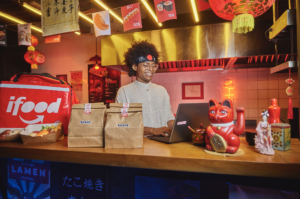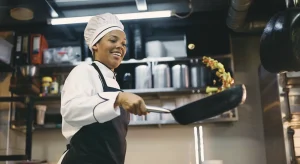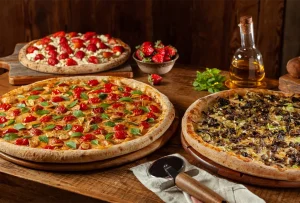The “warm” market is very hot. The lunchbox business has been gaining followers in the country. And it expanded especially during the Covid-19 pandemic, when people stayed at home more and started ordering food for their everyday meals.
Numbers collected by Sebrae show the advancement of lunch boxes in Brazil. Of the almost 44 thousand establishments in operation, close to 300 thousand have opened in the last three years.
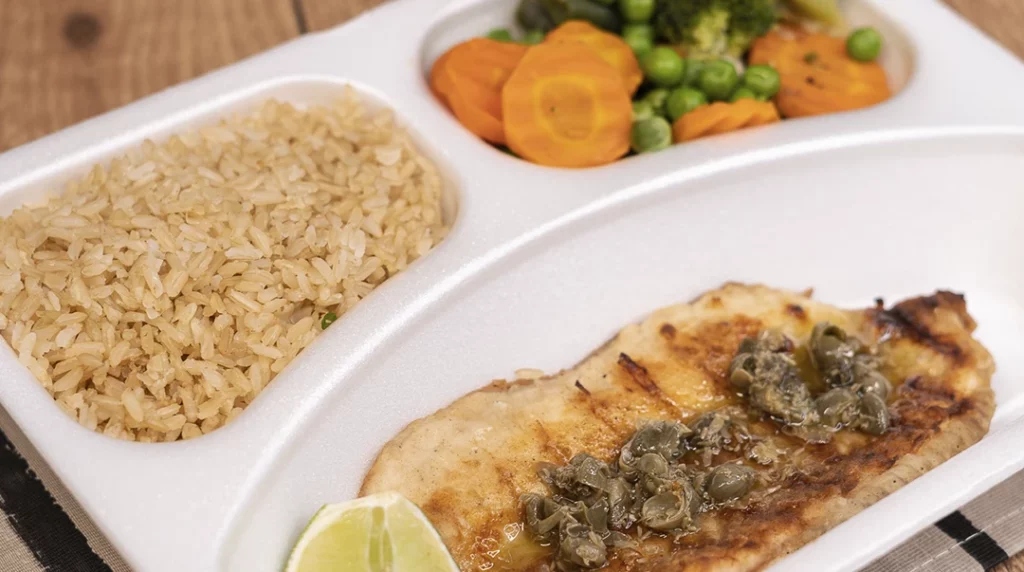
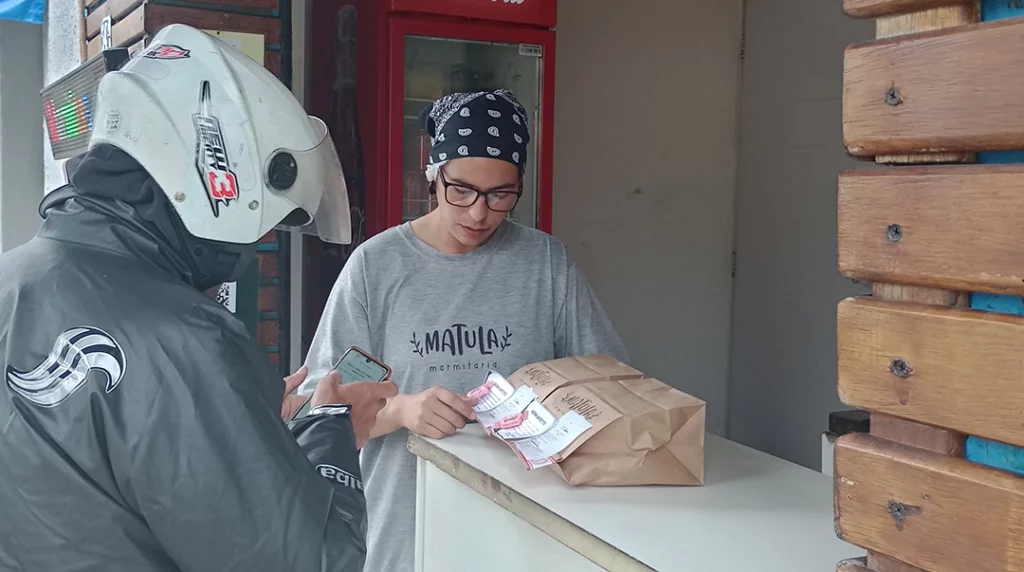
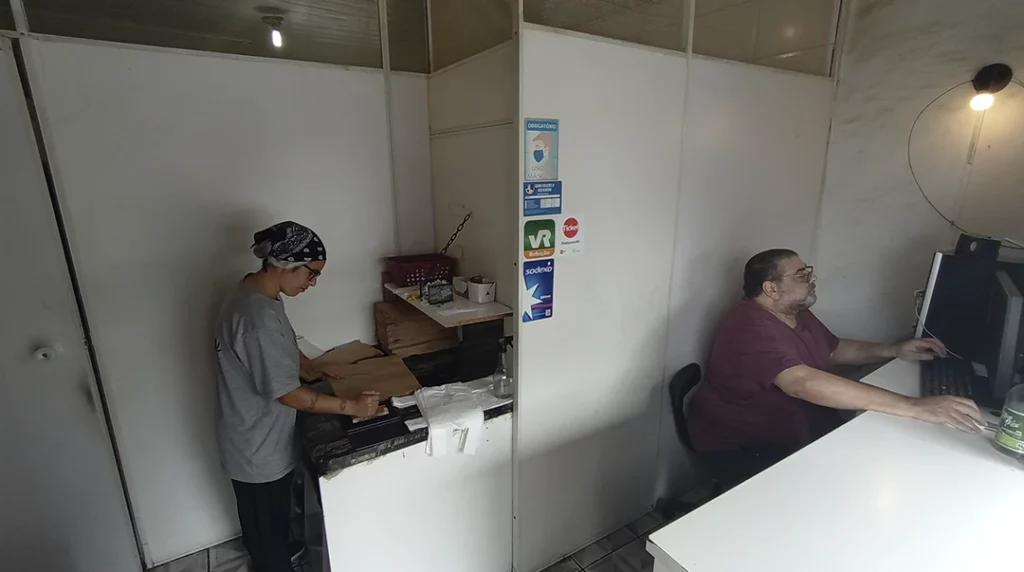

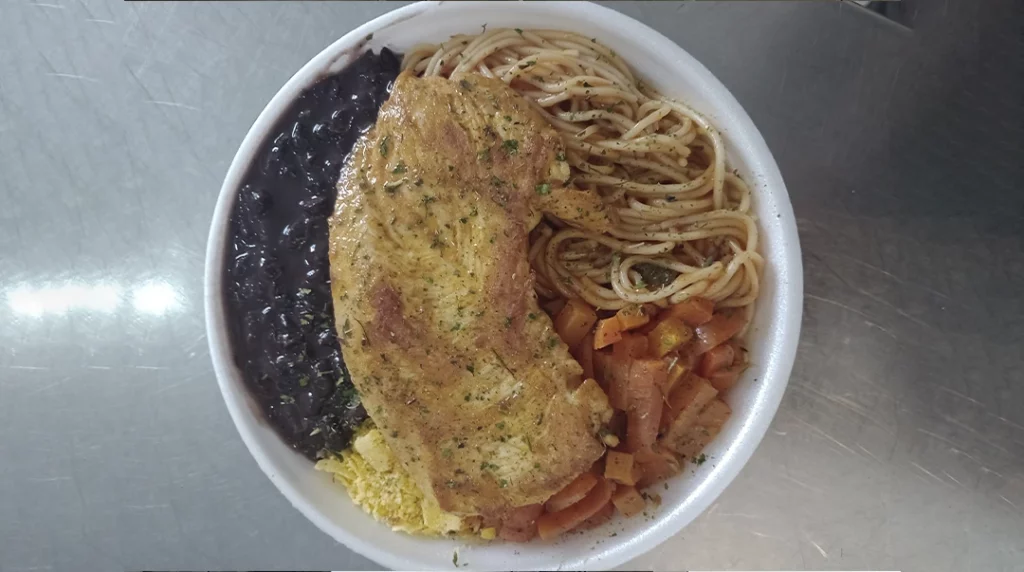
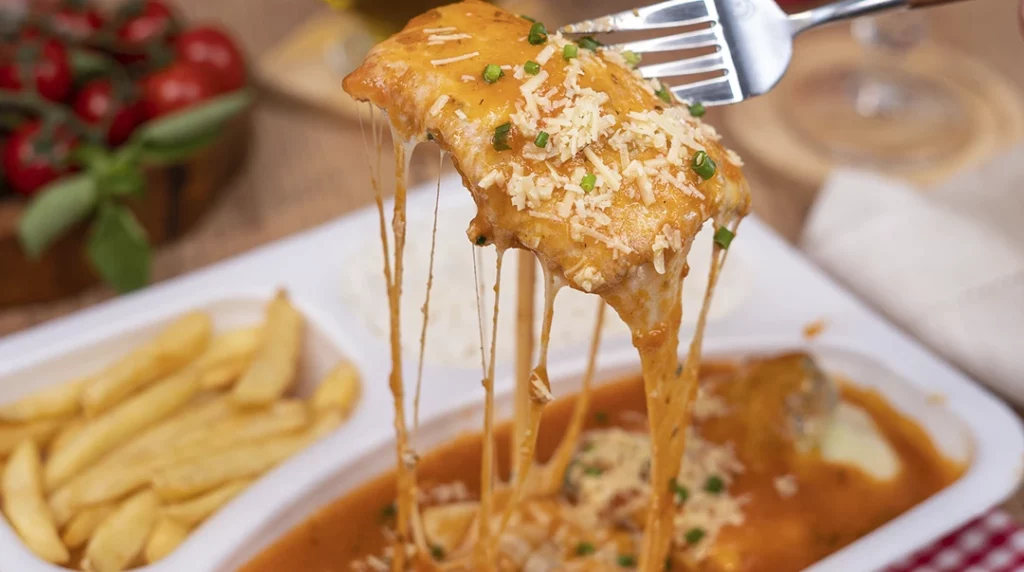
Even those who had restaurants with a different focus of operation surrendered to the format when they noticed the trend.
This was the case of Matula Marmitaria, from Curitiba (PR). “Before the pandemic, we had a restaurant”, says partner Helena El Horr. “Around March 2020, our operation became very restricted. We couldn’t open the salon, but at least we were able to sell lunch boxes.”
The entrepreneur says she then realized that it was easier to sell lunch boxes than to have a restaurant with a buffet, a more complex operation. “We ended up being enchanted by the simplicity of the lunch box”, he summarizes.
The enchantment soon translated into opportunity. “After about four months of the pandemic, we decided to sell everything we had in the salon: chairs, tables, buffet, refrigerator, the equivalent of around 70% of our inventory”, he says.
The money from this sale was used to rent a room, “a space of 10 to 12 square meters to sell lunchboxes”, describes Helena. “We’ve been running the lunchbox for two and a half years and it’s working very well, much more than the restaurant did.”
The structure, he emphasizes, is very lean. Or “the minimum of the minimum we need to make lunch boxes”, says the entrepreneur. “A minimum kitchen space, a shipping area for packaging orders and welcoming motorcycle couriers and that’s it, as well as a counter at the front that looks directly onto the street.”
Start in the garage
If, in Matula, the business transformed due to cyclical changes, there were also those who were already fans of the lunchbox model and surfed the wave of increased demand.
This happened, for example, with Urbano Express, from Foz do Iguaçu (PR). “The business grew by 300% during the pandemic”, calculates the owner and founder, Ricardo de Nadai Dias. “And I haven’t felt a big drop since.”
Urbano appeared in 2017 in the format of delivery, in Ricardo's mother's garage. “After having two establishments focused on in-person service, I decided to open a company solely focusing on Brazilian food deliveries, which was not usual in my city”, he reports.
“After four months of operation, I rented a space in the Mercosul shopping center with a structure focused on delivery, but also with a la carte service in the food court. Today we have two units in Foz do Iguaçu and we are finalizing a third to open soon.”
Currently, 100% of the enterprise's revenue comes from lunchboxes, according to Ricardo. He bets on menu variety to increase demand, including “grilled foods, parmigiana, stroganoff, pasta and a healthy line”, he lists.
But it's not just the number of options that has helped Urbano gain market share. The presence on the iFood platform, for Ricardo, is also a decisive factor for the expansion of the business.
“It has been fundamental in my journey in terms of being able to compete on equal terms with companies that are much better structured and perhaps today, within the delivery sector, be even bigger than several chain restaurants”, he states.
